This graceful life-size statue depicts Hatshepsut in female attire but she wears the nemes headcloth a royal attribute usually reserved for the reigning king. Measuring 240 feet 73 meters long and 66 feet 20 meters high the Great.

File Sphinx Of Hatshepsut Jpg Wikimedia Commons
Every statue mural and motif had a significant meaning.
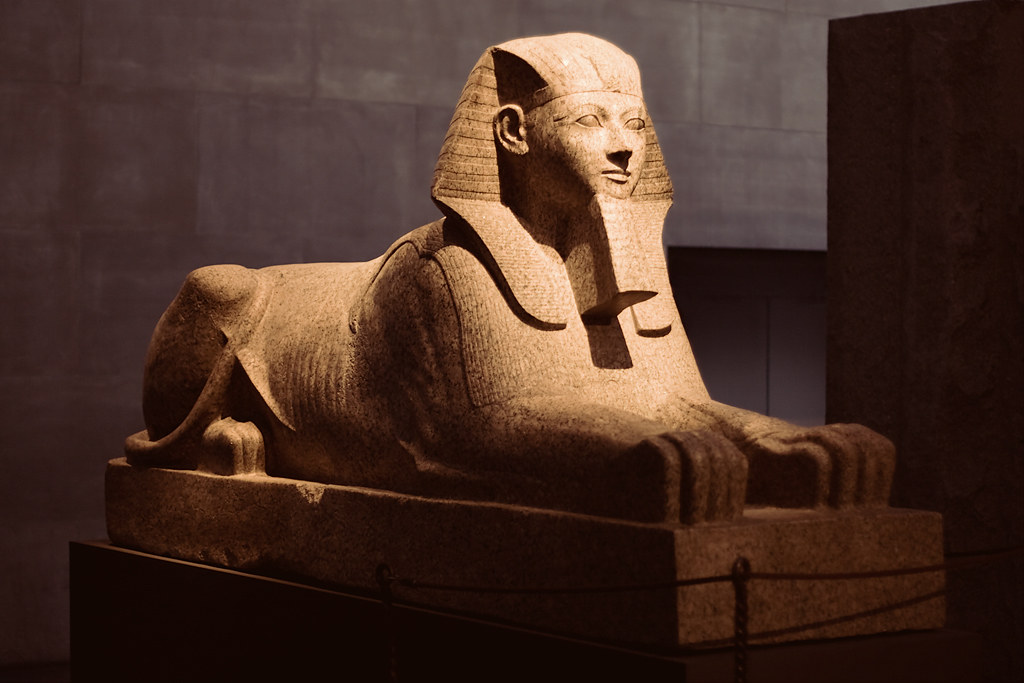
. The sculpture of the Sphinx of Hatshepsut depicts. A male pharaoh depicted as a woman. This seven-ton granite Sphinx of Hatshepsut has the body of a lion and a human head wearing a head-cloth and royal beard.
This colossal sphinx portrays the female pharaoh Hatshepsut with the body of a lion and a human head wearing a nemes headcloth and false beard. A female depicted as a male king. Sphinx Of Hatshepsut Illustration World History Encyclopedia.
The sculpture of the sphinx of hatshepsut depicts. The sculpture of the Sphinx of Hatshepsut depicts. A female depicted as a male king.
A female dedicated as a male king There are no artworks that consciously counter stereotypical representations by showing men as vulnerable and women as powerful. Sphinx of Hatshepsut ca. The theme of that program is one that pays tribute to the Persian king himself as it depicts representatives of 23 subject nations.
She is considered to be one of Egypts most successful rulers. It was originally made for Hatshepsuts funerary temple at Deir el-Bahri which is a complex of temples dedicated to pharaohs of her family. This colossal sized head and shoulder bust depicts Hatshepsut the female pharoah who came to the throne of Egypt in 1478BC and reigned for about 20 years.
Carved between the paws of the statue is a cartouche enclosing the pharaohs throne name Maatkare Truth is the Soul of the Sun c. This colossal sphinx portrays the female pharaoh Hatshepsut with the body of a lion and a human head wearing a nemes headcloth and false beard. Fals e True Fals e.
Around the 18th dynasty in Deir el-Bahri Upper Egypt. Sphinx Of Hatshepsut Illustration World History Encyclopedia. This sphinx is one of several granite sphinxes that once stood in Hatshepsuts mortuary temple at Deir el-Bahri.
Published on 08 July 2017. Carved from seven tons of red granite it is conventionally interpreted as representing the queen herself as a lion-bodied creature with androgynous. Nubian Monuments from Abu Simbel to Philae.
This is expressed as well in Hatshepsuts funerary tem-ple her greatest visible legacy. What the artists looked like and experienced on a personal level. Therefor the creation of Sphinx such as Hatshepsuts.
This colossal sphinx portrays the female pharaoh Hatshepsut with the body of a lion and a human head wearing a nemes headcloth and false beard. One of the most fascinating aspects of the female pharaoh Maatkare Hatshepsuts reign 1479 - 1458 BCE is the artwork she left behind. This colossal sized head and shoulder bust depicts Hatshepsut the female pharoah who came to the throne of Egypt in 1478BC and reigned for about 20 years.
Sphinx Of Hatshepsut New Kingdom The Metropolitan Museum Of Art 14791458 BC is a sculpture of Pharaoh Hatshepsut as a sphinx made of granite that is attached to a rectangular base on the bottom. This statue of Senenmutan important official during the joint reign of Queen Hatshepsut and King Thutmose IIIappears in the classic kneeling pose known since the Fourth Dynasty circa 26252500 BCE. King Tut disguised as Nefertiti.
This limestone and plaster piece depicts the female pharaoh Maatkare Hatshepsut as a sphinx. In the 12th century BCE a thousand years after it was originally made the Elamite king Shutruk-Nahhunte attacked. There were many other sphinxes made to depict her during her reign that stood in.
The panel depicts a scene of human fertility and natural abundance. Spes mea in deo est is a motto used by the 32nd Degree of the Scottish Rite. On view at The Met Fifth Avenue in Gallery 131.
1479-1458 BCE the Metropolitan Museum of Art New York. Surrounding the central female is the natural abundance of the lands and flanking her are the personifications of the land and sea breezes. They believed Pharaohs were gods as well or had the same power of a god.
Carved from seven tons of red granite it is conventionally interpreted as representing the queen herself as a lion-bodied creature with androgynous. This sphinx is one of several granite sphinxes that once stood in Hatshepsuts mortuary temple at Deir el-Bahri. This colossal sphinx portrays the female pharaoh Hatshepsut with the body of a lion and a human head wearing a nemes headcloth and false beard.
Two babies sit on the lap of the seated female tugging at her drapery. The sculptor has carefully observed the powerful muscles of the lion as contrasted to the handsome idealized face of the pharaoh. Pharaohs frequently used art as a way to disseminate information about themselves a propaganda tool to justify.
This limestone and plaster piece depicts the female pharaoh Maatkare Hatshepsut as a sphinx. A female depicted as a make king. The sculpture of the Sphinx of Hatshepsut depicts.
This sculpture was part of a sphinx which was lost many years ago. The sculpture of the Sphinx of Hatshepsut depicts. The Great Sphinx of Giza is a giant 4500-year-old limestone statue situated near the Great Pyramid in Giza Egypt.
The sculpture of the sphinx of hatshepsut depicts. 14791458 BC is a sculpture of Pharaoh Hatshepsut as a sphinx made of granite that is attached to a rectangular base on the bottom. The face of the Sphinx is the idealized face of a male Pharaoh showing the stylized ceremonial beard and the striped head cloth worn by the Pharaohs which in this case represents serenity.
The Great Sphinx of Giza is a giant 4500-year-old limestone statue situated near the Great Pyramid in Giza Egypt. Mortuary Temple and Statue of Hatshepsut The tomb-chapel of Nebamun Paintings from the Tomb-chapel of Nebamun. The sculpture of the Sphinx of Hatshepsut depicts.
The sculpture of the Sphinx of Hatshepsut depicts. Written By chiaravalle Sunday March 20 2022 Add Comment Edit. The sculpture of the Sphinx of Hatshepsut depicts.
A female depicted as a male king. This monument depicts the Akkadian victory over the Lullubi Mountain people. This seven-ton granite Sphinx of Hatshepsut has the body of a lion and a human head wearing a head-cloth and royal beard.
The sculpture of the sphinx of hatshepsut depicts. In the 12th century BCE a thousand years after it was originally made the Elamite king Shutruk-Nahhunte attacked Babylon and according to his later inscription the stele was taken to Susa. This larger than life size sculpture of a reclining female figure is carved from Hornton stone a Jurassic limestone quarried in Oxfordshire.
1479-1458 BCE the Metropolitan Museum of Art New York. Written By viveiros Monday March 14 2022 Add Comment Edit The archetypal Egyptian sphinx usually had the body of a lion and the head of a man usually the king although examples 29. Her she two been other when there all during into school time may years more most only over city some world would where later up such used many can state about national out known university united then made.
She has the body and mane of a lion with the head of a human. 14791458 BC is a sculpture of Pharaoh Hatshepsut as a sphinx made of granite that is attached to a rectangular base on the bottom. The sculpture of the Sphinx of Hatshepsut depicts.
Art served an important purpose in Egyptian society. Sphinx of Hatshepsut from ca. She has the body and mane of a lion with the head of a human.
The statue has the usual symbolic powerful muscles of the lion and the idealized face used for pharaohs.

File Sphinx Of Hatshepsut Met 31 3 166 F White Jpg Wikimedia Commons
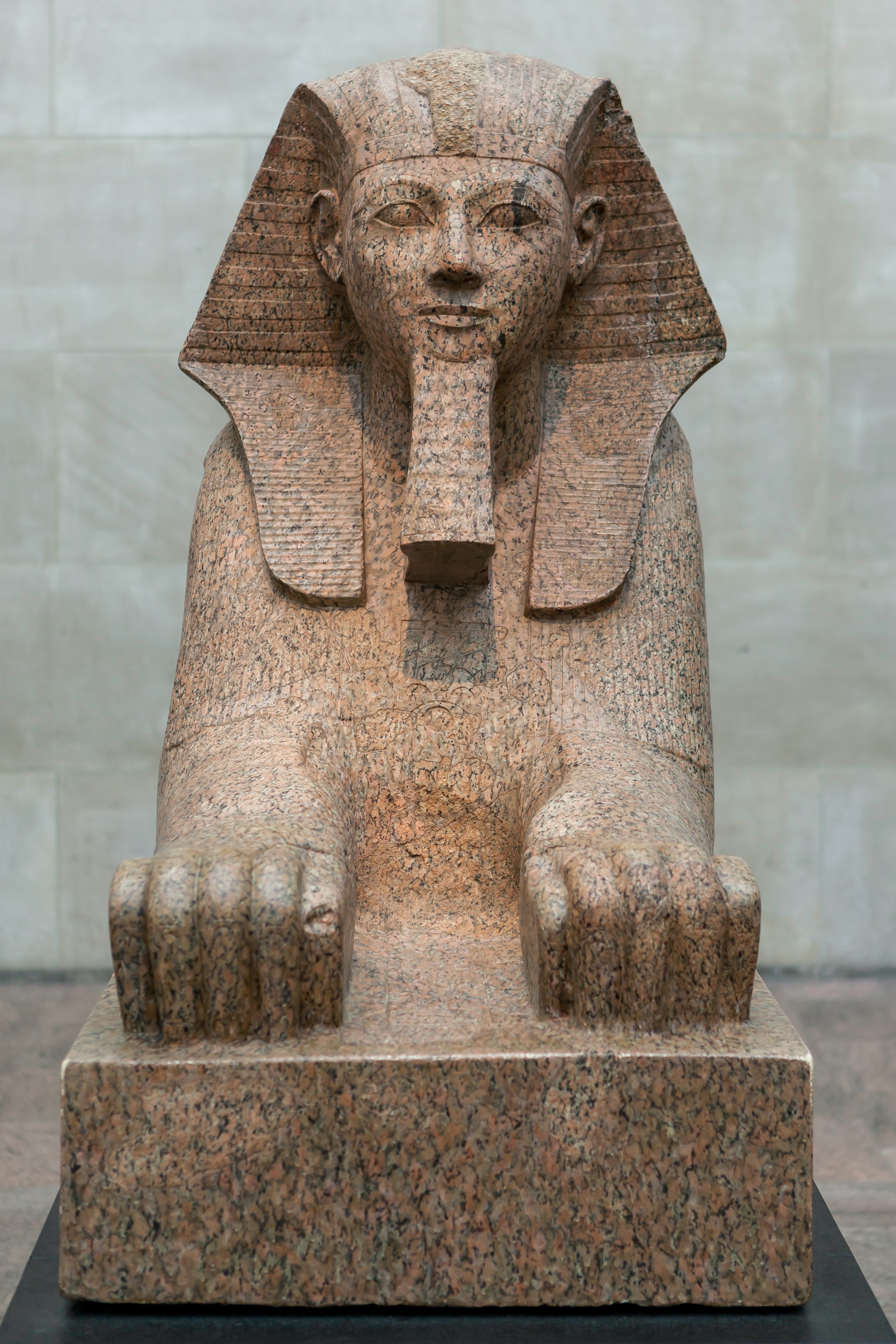
Sphinx Of Hatshepsut Illustration World History Encyclopedia
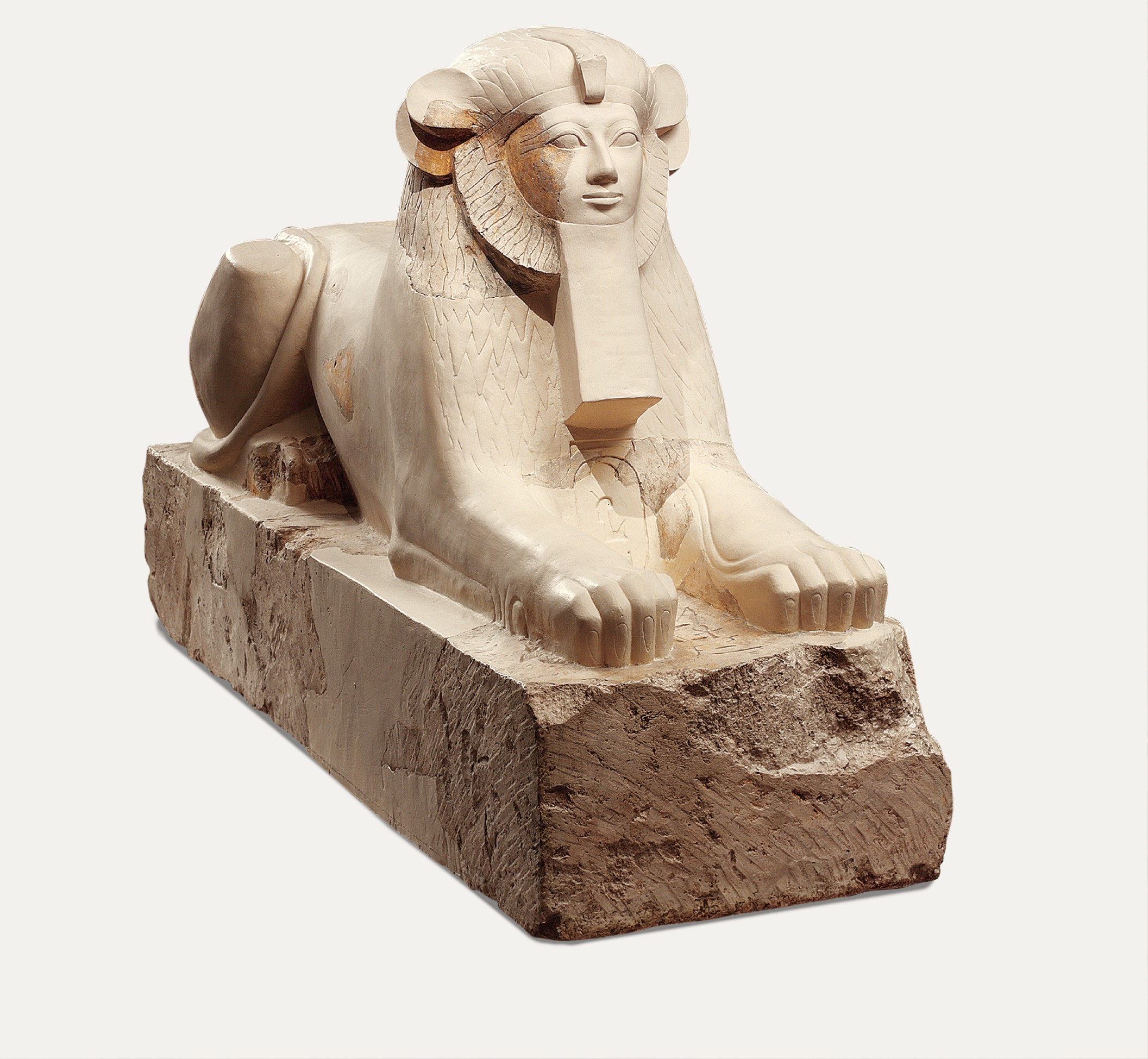
Sphinx Of Hatshepsut New Kingdom The Metropolitan Museum Of Art

Sphinx Of Hatshepsut New Kingdom The Metropolitan Museum Of Art

Sphinx Of Hatshepsut From Metmuseum Org This Colossal Sp Flickr
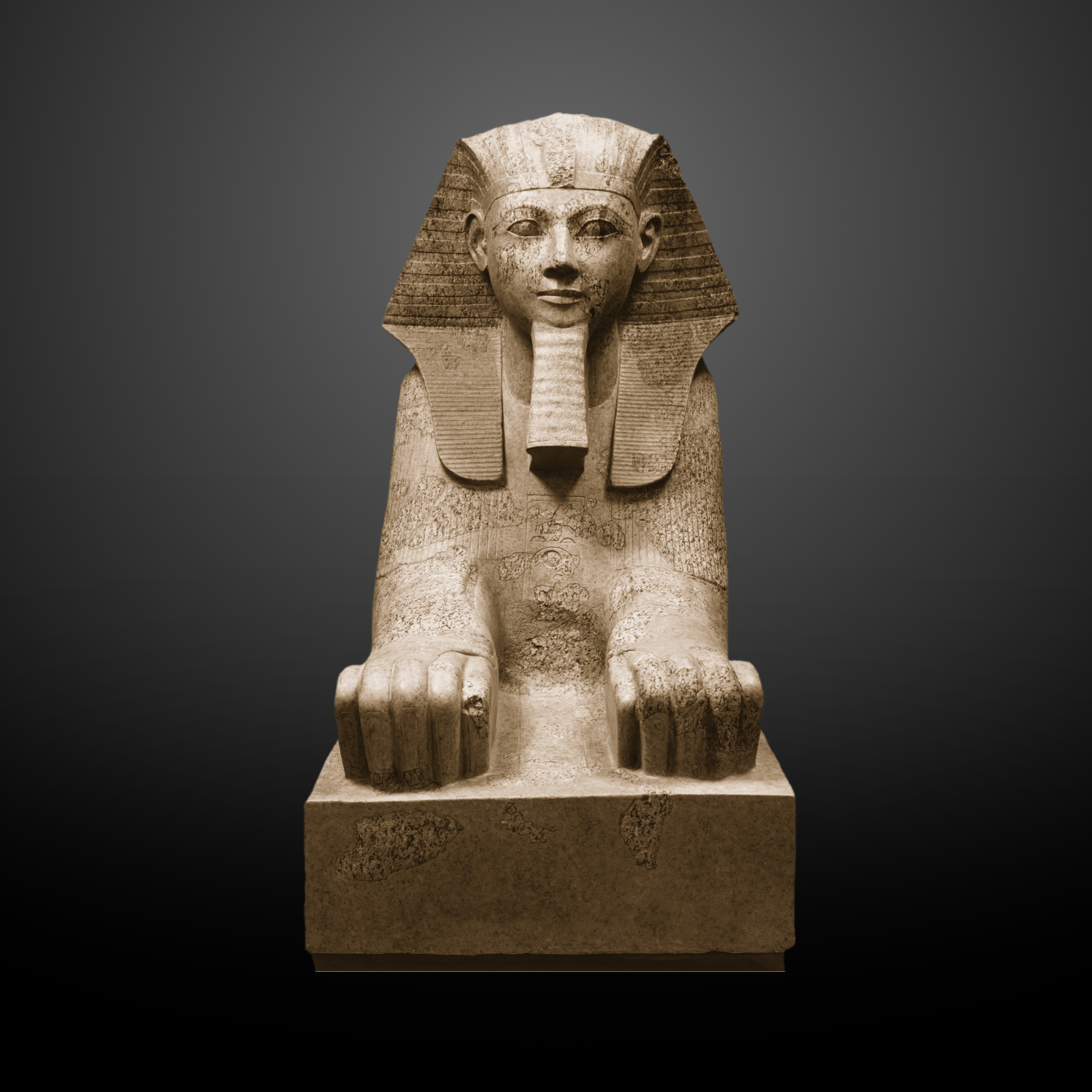
File Sphinx Of Hatshepsut Met 31 3 166 F Gradient Jpg Wikimedia Commons

Sphinx Of Hatshepsut New Kingdom The Metropolitan Museum Of Art
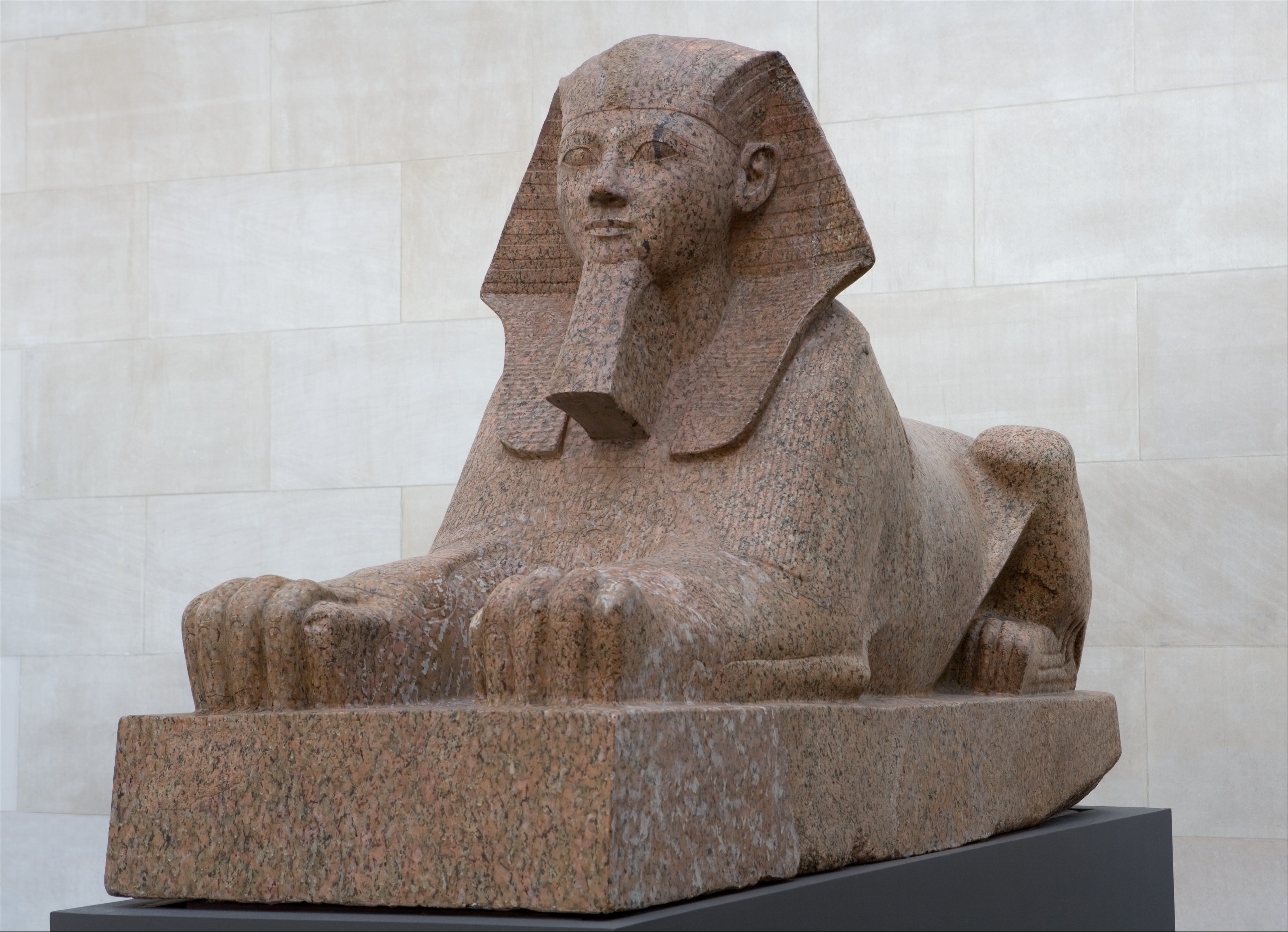
Sphinx Of Hatshepsut New Kingdom The Metropolitan Museum Of Art
0 comments
Post a Comment